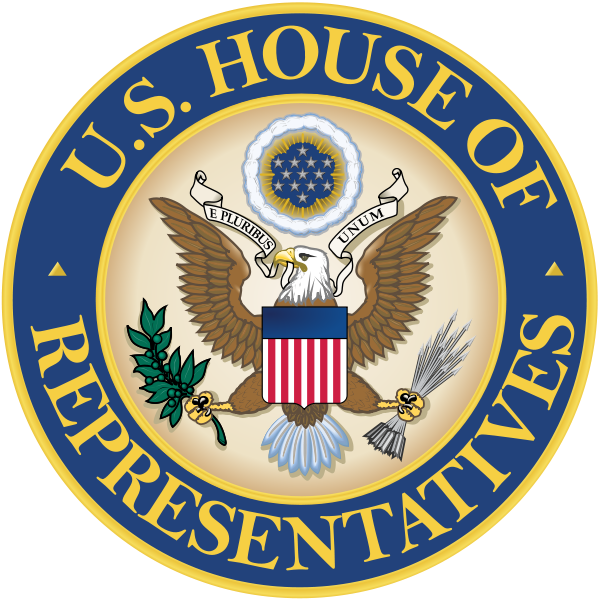Representatives Introduce Bill to Classify Muni Bonds as High-Quality Liquid Assets

Earlier this week, Representative Luke Messer (R-IN) introduced the Municipal Finance Support Act of 2017 (H.R. 1624). The legislation would allow large banks to count some of their municipal bond investments, including tax-exempt housing bonds, as high-quality liquid assets under federal bank liquidity standards.
H.R. 1624 would modify a regulation the Federal Reserve, the Department of Treasury, and the Federal Deposit Insurance Corporation (FDIC) released in October 2014 to ensure that large banks hold enough liquidity to continue making payments during periods of financial stress. Under the rule, banks with at least $250 billion in assets (or $10 billion in foreign exposure on their balance sheet) must maintain a minimum liquidity coverage ratio (LCR) comprised of certain financial investments that are considered “High-Quality Liquid Assets (HQLAs).” The rule took effect at the beginning of 2017.
Despite the urging of NCSHA and other advocates, the agencies did not include municipal bonds as HQLAs in the final rule. This means that large banks cannot currently use any municipal bond investments they hold towards meeting their LCR. H.R. 1624 would require that all investment-grade municipal bonds that are “liquid and readily marketable” be classified as level 2A HQLAs. This would allow banks to count such municipal bonds towards their LCR, but only at a value that is 15 percent below each investment’s market value. In addition, banks cannot use level 2 assets to account for more than 40 percent of their HQLAs. Regulators would have three months to incorporate these changes into the current regulations.
The Federal Reserve last April finalized a rule allowing some municipal bonds to be considered as HQLAs. However, the rule only applies to uninsured general obligation bonds. This means that housing bonds and other private-activity bonds are still not allowable HQLAs. Further, because the Federal Reserve issued this proposed rule unilaterally instead of jointly with Treasury and the FDIC, the rule only affects the large banks the Federal Reserve oversees.
H.R. 1624 has been referred to the House Financial Services Committee, of which Messer is a member. Last Congress, the Committee voted overwhelmingly to favorably report nearly identical legislation, but it was not considered by the full House of Representatives.
The legislation has 14 cosponsors: Republicans Randy Hultgren (IL), Peter King (NY), Bruce Polquin (ME), and Richard Hudson (NC), and Democrats Carolyn Maloney (NY), Gregory Meeks (NY), Robin Kelly (IL), Terri Sewell (AL), Kyrsten Sinema (AZ), Eleanor Holmes Norton (DC), Gwen Moore (WI), Marc Veasey (TX), Brad Sherman (CA), and Ron Kind (WI). Eight of the cosponsors are members of the Financial Services Committee.

